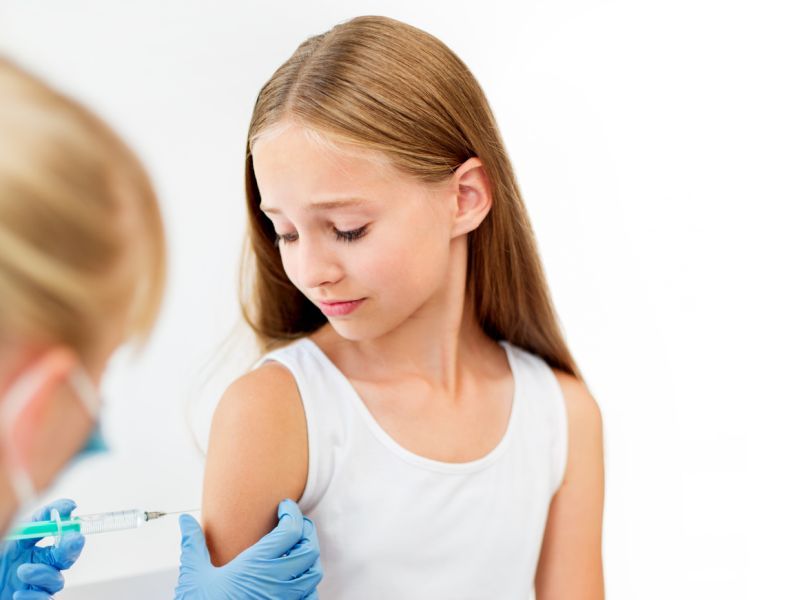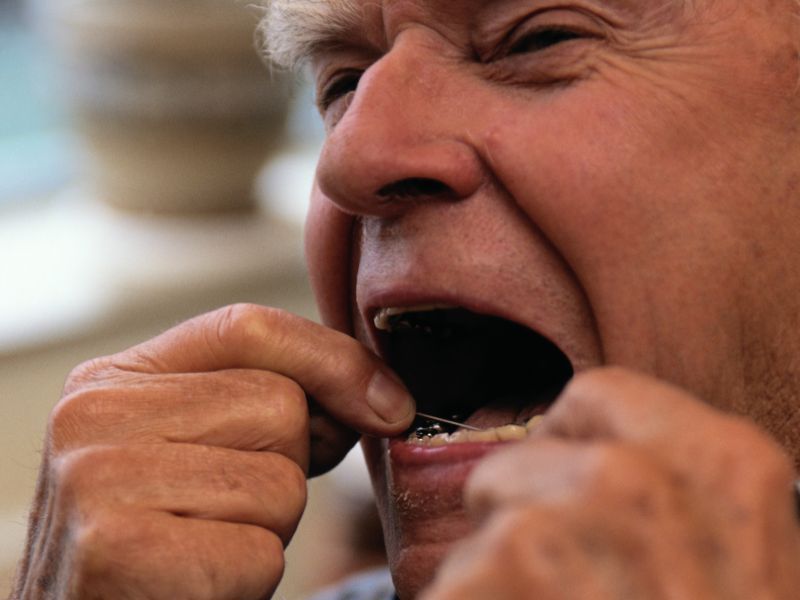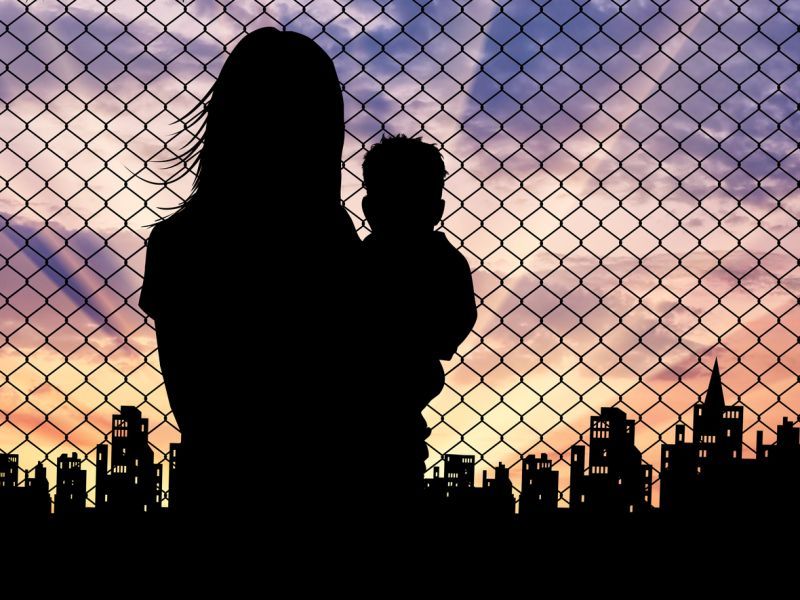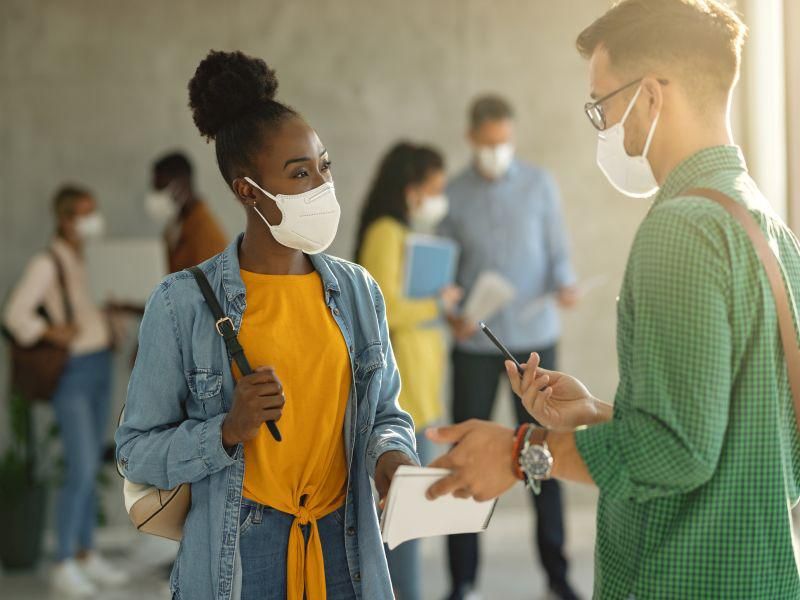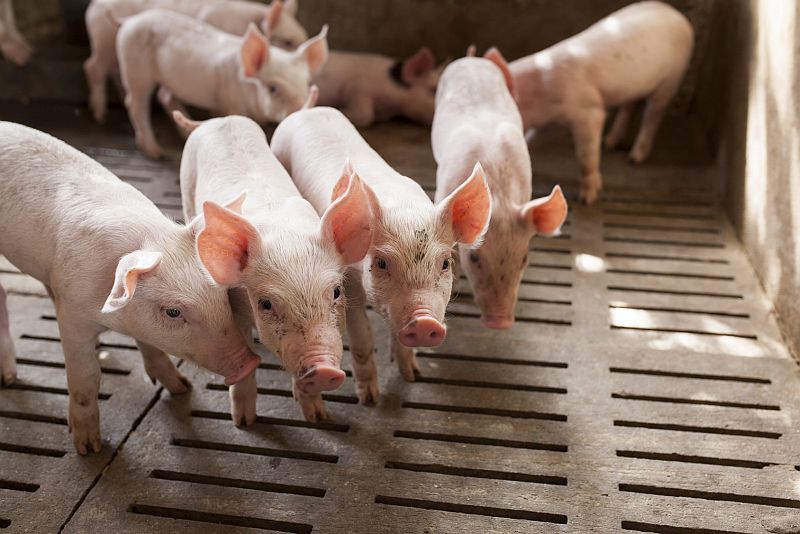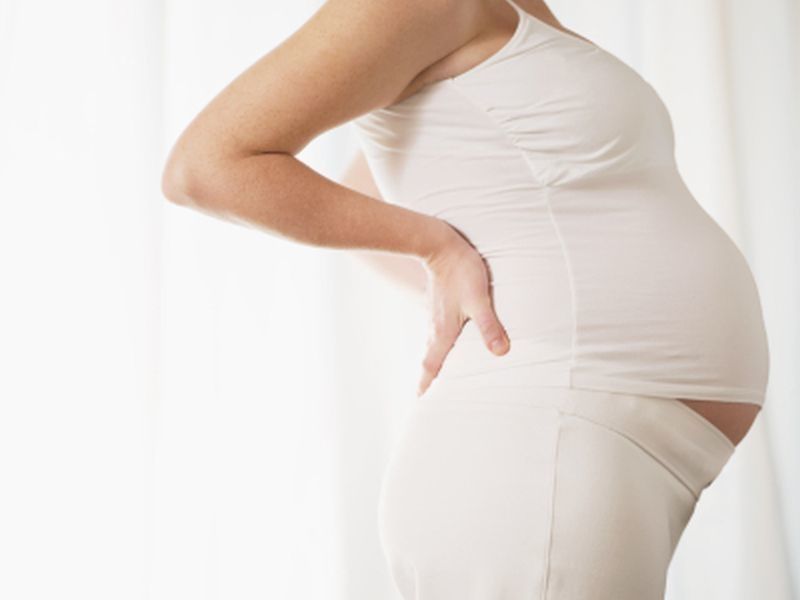
His second COVID-19 vaccine shot wiped Dr. Greg Poland out. Poland, 65, said he suffered five hours of shaking chills, fever up to 101 degrees, severe headache, nausea, ringing in his ears and a sore arm after getting his booster dose of the Moderna vaccine. “I’ve never had a reaction to a vaccine like that,”… read on > read on >










